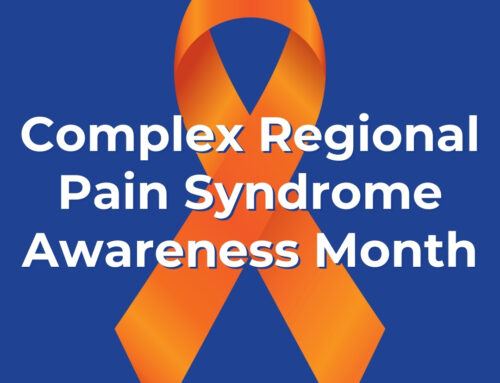 by Ted Jones, PhD, CPE
by Ted Jones, PhD, CPE
“Catastrophizing” is a very important factor in chronic pain. Catastrophizing is basically when someone adds unnecessary emotion to a situation. Imagine you are on an airplane and it hits a bumpy patch. If you are sitting next to someone who says “Oh no! This is awful! The plane is going down, and we’re all DOOMED!!” – that’s catastrophizing. Even if the plane were in trouble – which it likely is not – screaming about how terrible it is just doesn’t help anyone in any way. It makes the situation a whole lot worse, for that person and for you.
Well, catastrophizing is an important part of having chronic pain. The more you do it, the worse it makes your pain. In fact studies have found that the biggest predictor of how a spinal surgery will end up (how much pain relief there will be) is not based on how extensive the damage to be fixed is but instead is mostly dependent on how much the patient is catastrophizing beforehand. Patients who are high catastrophizers have poorer outcomes. In fact, some spine surgeons are beginning to ask spine surgery patients to go through some psychology sessions to decrease catastrophizing before surgery to improve their outcomes.
Catastrophizing is very common and very natural. For many of us when we get a new pain or bump or lump we are sure it is cancer. When we get a letter from the IRS we are sure – before we ever read the letter- that they will be taking our house and everything we own. It seems to be almost a human tendency for us to worry early and often about many things. And when it comes to pain, this makes the pain much worse. We have pain, and the more we worry about it the worse the pain becomes, then we worry more, and then we have more pain: a vicious cycle that leads to much pain.
So it is important for people with chronic pain to work hard to decrease catastrophizing. Decreasing catastrophizing improves your mood, increases your resiliency against the pain and decreases your pain. Pain psychologists know how to help people decrease their catastrophizing. Multi-disciplinary pain practices like PCET have psychologists on hand to help people with catastrophizing. If you think you need some help with this, ask the staff member at PCET about seeing a psychologist and working to decrease your catastrophizing. We may not be able to cure your spine problems but we can decrease your pain and help you feel better.



